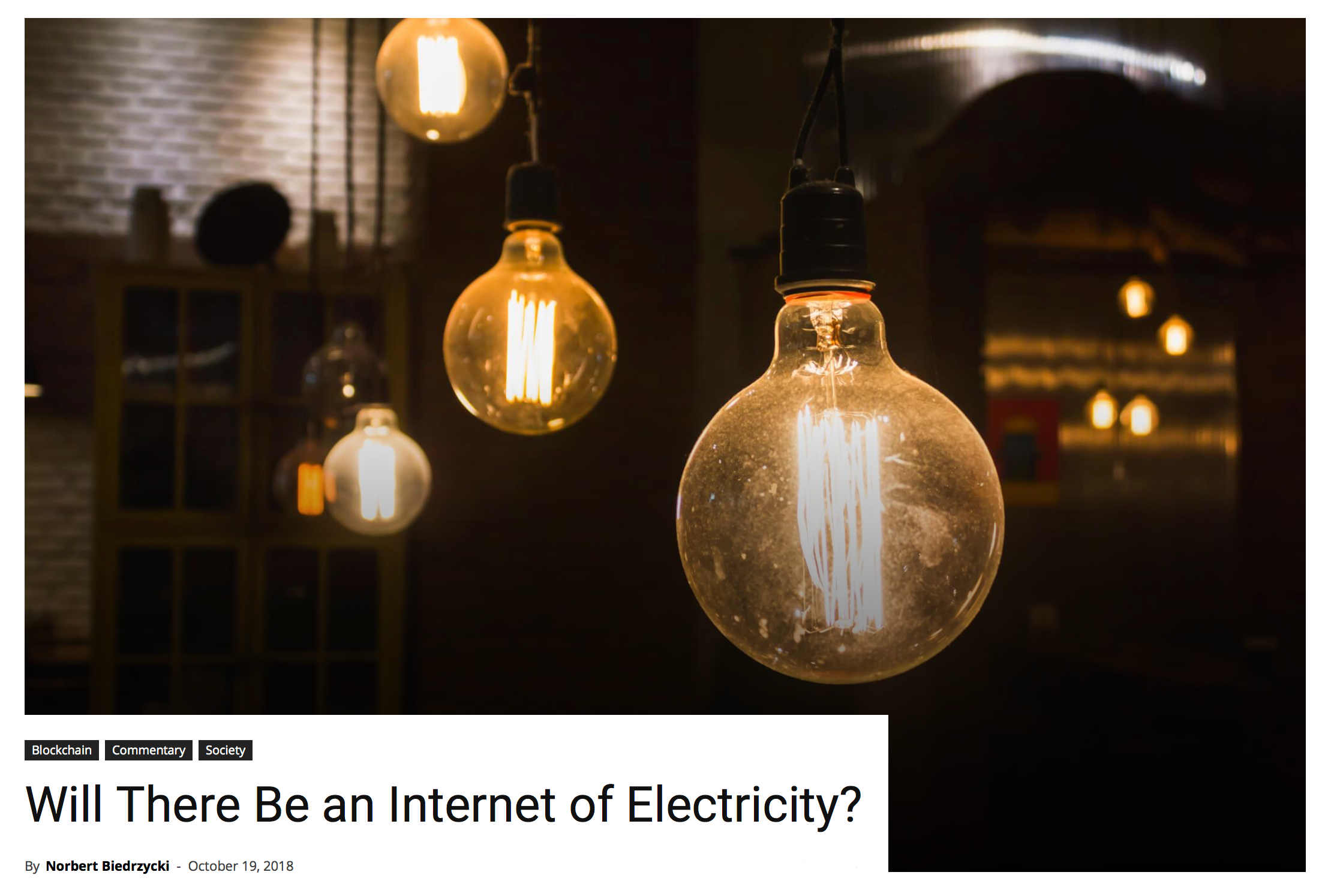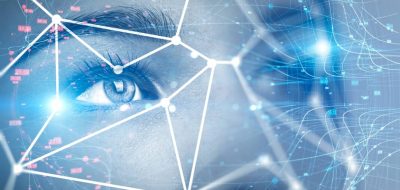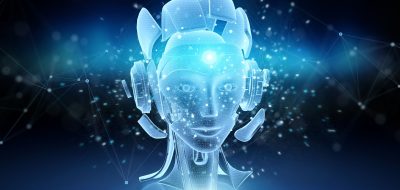My article in Data Driven Inwestor published 19th of October 2018.
Blockchain, whose popularity has grown in lockstep with developments in the cryptocurrency market (Bitcoin, Ethereum, et. al.), is poised to expand into new territories. The energy industry, which is decentralizing gradually, may well advance blockchain more than the financial system will. Or, it may simply adopt it more extensively, sooner.
According to one view, blockchain may become for the world of transactions and settlements what the internet has become for global communication. However, an even stronger case can be made for its potential to transform the energy industry.
A dozen-plus years ago, new software enabled people to create or download music at home and share it with others. This shook the foundations of the system once controlled by record labels, which determined everything about music, including its price and distribution. Glaring similarities can be found between the energy industry and the peer-to-peer programs that disrupted the music industry at the turn of the century. While music may seems far removed from energy, the peer-to-peer concept applies equally to both.
Today, we can make electrons in our homes, not just mp3 files. Once we do that, there will be no need for intermediaries to transmit and distribute those electrons. Today’s energy users, who are still dependent on large distribution networks, will slowly become prosumers, free to choose how they will use their own resources, and perhaps contribute to creating the rules that govern the energy industry. We’re not there yet, but we will be within the next few years.
Greening the grid
In parallel with the rise of the blockchain, environmental awareness is growing everywhere. The change in consciousness still is just starting, but the energy market will decentralize further as we grow less dependent on fossil fuels, which require a great deal of equipment as well as capital to extract, refine, and bring to market. Compared to oil and coal extraction, a solar and wind energy infrastructure is almost a child’s play to run once the initial investments have been made. These new energy sources have the potential to personalize the electrical grid. Rooftop solar panels have already become part of the global suburban landscape. They are the new way to heat and power our homes. In the United States, the residential solar power market grew 11% in the first quarter of this year over 2017’s first quarter.
A growing number of microgrids, which acquire and distribute green energy, deserve to be called new-generation power plants, each with a capacity of a few megawatts. Today’s technologies can link both renewable and conventional energy sources to form a microgrid. Such microsystems can support all types of electrical, pressure and gravity-based technologies. These sustainable sources of energy work just as well in the hot climates of Australia and Africa as they do in places as cold as Alaska. Advocates of autonomous energy grids are growing in both highly- and less developed areas. These smart energy grids rely on sophisticated technologies feeding a network of intelligent energy meters that communicate with each other, connecting all energy market participants. The idea is to link energy producers, distributors and buyers into a single network. Smart grids are an example of new technology leading to economic efficiency and producing substantial savings for average users.
Part of the efficiency of microgrids comes from being installed very close to the consumer. A side effect of this alignment of generation and consumption is dynamic production and storage, generating or drawing whatever is needed, whenever. Blockchain-based applications could be ideal for optimizing such highly changeable processes.
The blockchain-enabled energy-sharing economy
Today’s energy systems increasingly face competition from independent producers who provide customers the services they expect to meet their every demand. Indeed, the future is that the customers themselves will become the producers, and they will be able to share the energy they produce in their homes with other users. I have already written about the sharing economy: the new approach to business which values sharing and uses it as a basis for its operations. The energy market may come to resemble the likes of Airbnb or Uber. Car charging-point owners will be able to make their outlets available to other drivers, setting terms of use, including, of course, price. This will allow them to capitalize the purchase of the device.
As a transactional technology, blockchain can be successfully employed to make energy-related payments and trade energy products. Its key advantage is allowing transactions to be concluded without financial intermediaries. This simplifies the entire distribution and payment system as it directly connects producers and consumers. Over time, both sides will seek unification, creating a distributed model with an enormous inherent potential to generate savings for individual customers.
Blockchain would automatically provide members of energy communities with real-time access to information. Hence, a community that produces excess energy could make it available to others facing a shortage. Even a single individual user who owns a rooftop PV cell could share excess energy with a nearby building. Intelligent contracts would help balance supply and demand dynamically, as users decide in real time how much energy they are willing to buy, share or generate.
Today, electricity distribution is centralized, based on multiple nodes, and it involves many intermediaries: energy producers, transmission network operators and sellers. And banks, of course, that handle payments. All this obviously affects electricity prices, driving them up. New solutions could turn individual customers into “hubs” allowing the grid to produce, distribute and sell energy without such middlemen. There is nothing to prevent users from joining the network as retailers, producers or utility providers.
Read more in the full article.
Related articles:
– Blockchain poised to shake up our lives
– Will quantum computers doom the blockchain?
– The “sharing economy” was envisioned nearly 100 years ago
– Artificial intelligence is a new electricity
– Why do we care about blockchain technology?
–Blockchain – the ultimate financial crash
– Blockchain – the Holy Grail of the financial system?










TomHarber
Climate change is an agenda of global disinformation. It is a fake agenda of World Government (WG) promoted by their puppets such as UN, politicians & corrupt scientists + corporations. There are climate cycles. The real curve of climate is the sinusoid https://www.linkedin.com/pulse/why-man-made-co2-scapegoat-good-news-eric-soum-pouyalet/
Additionally, WG is using weather modification technologies to sharpen the problem artificially https://climateviewer.com/
https://weathermodificationhistory.com/interactive-timeline/
Zoeba Jones
Great read Norbert
tom lee
The tokens would be centralized in some way tho, either the government are gonna recognize it as legally binding or the company can fork/make a new token for its stocks. So realistically if you pull a big heists you wont really get a way with it. So no crazy heists like some stealing +50% of all Apple stock and end up owning it.
But still good for smaller things, but I doubt you can get a way with Mtgox level stuff.
SimonMcD
Fully agree,
Humanity is rapidly changing, doing things (business) the classical way will not go far. Businesses need to change as well along with the new habits, new needs and challenges. This is quite easy, but hard to see while going.
Thank for sharing Norbert
Jack666
… and again excellent article. Looking forward
Adam T
Yes, looking forward
TommyG
The majority of the great blue chip companies were built this way: IBM, U.S. Steel, General Electric, Walmart, and Ford are just some examples. But today’s business reality is very different. We live in a world of bytes – and for the first time technology and commerce have collided in a way that makes data far more valuable than physical, tangible objects.
AndrewJo
Hope so
Piotr91AA
Just do not hinder society by regulations. Cut taxes, cut government spending and gov jobs. Abolish privileges for banks and corporations. And laissez-faire. Always works 🙂 Humans are flexible.
Norbert Biedrzycki
The true data analytics done by data scientists and data engineers is often difficult to translate and communicate to the layperson, so the results and valuable insight gained gets lost because the output looks like Greek to the business user. Those users then lose faith in the promise of data analytics.
PiotrPawlow
The most essential thing that our society must do as these technologies advance is to have an open conversation about where we want humanity to go as a species. These technologies are being rapidly developed with no signs of slowing down, so it is up to us to decide how far down this road we want transhumanism to go. Unless we do, the transhuman future we will get may not necessarily be the one that we want.
Zidan78
Looking forward
Norbert Biedrzycki
just see 🙂
John Accural
Fraud detection is another area where artificial intelligence will be able to play a key role in the financial services industry. Global credit card fraud alone will cost the financial industry over $35 billion by 2020 according to The Nilson Report. This is reason enough for financial institutions to invest in new technologies to minimize these losses.
TomCat
Great article
tom lee
New, intelligent grid network should let people to share electricity from their solar panels, gasoline engines, or even conventional power outlet, together with a (satellite) internet connection, with their neighbours who might not have these resources.
Making sure the (monetary) incentives work for everyone involved, enables such a distribution network to scale self sufficiently, without external aid. Giving people the respect to build their own community.
This will be a true smart grid, as the grid can demand for additional production from gasoline engines, if power from connected solar powers drops, or the load increases (for example). Smart balancing can radically reduce the need for backup power – our conventional Western approach that does not work for most people in most cities. Smart balancing locally produced electricity will also be the greenest electricity grid on the planet.
Zoeba Jones
Agree on most, but we have to recognize poor-paid workforces, lack of personal insurance etc as well.
Adam Spark Two
Interesting concept. Blockchain as a NEW internet 🙂
Mac McFisher
BTW: Good story
Norbert Biedrzycki
Thank you
Mac McFisher
Thanks for sharing. AI is disrupting the market and changing the way we do business. There are solid use cases across industry segments of improving customer experience using AI.
Andrzej_Ko
Great read 🙂
Norbert Biedrzycki
John McLean
Hi Norbert, Excellent article that you have written. Very insightful. Have a great rest of the week.
Norbert Biedrzycki
Thank you